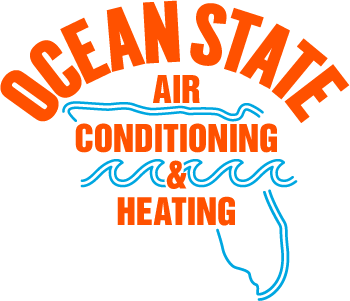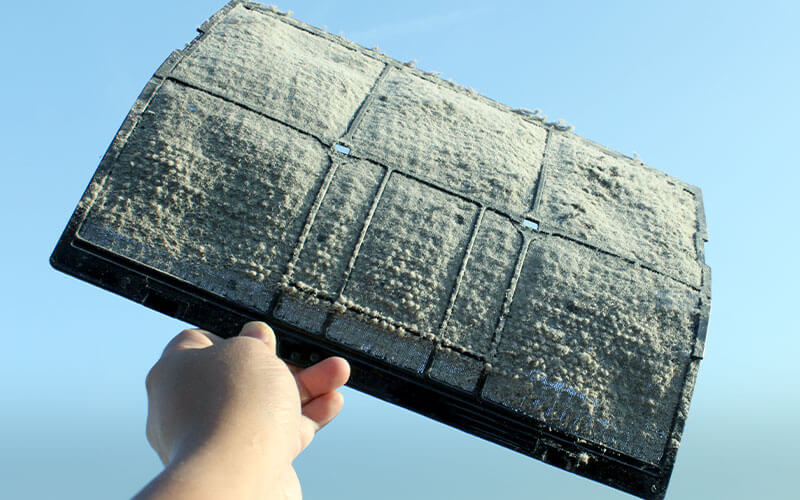Whether it’s substandard performance or poor energy efficiency, dirty air filters are often the prime suspect when good HVAC systems go bad. The most important parameter in a heating and cooling system is the proper volume of air circulating through coils, furnace plenum and ductwork. For the typical three-ton residential system, that amount is about 1,400 cubic feet of air per minute. Anything that obstructs flow below that specification impacts all aspects of the system. That’s why experienced HVAC technicians on service calls for almost any heating or cooling problem always check for dirty air filters first.
Why Change the Air Filter?
Here’s why air filters should be changed regularly:
- Diminished comfort. Your system is sized according to calculations that assume a certain number of BTUs will be delivered to the room for warmth or removed from it for coolness. As airflow into living spaces drops due to dirty air filters, BTU performance also declines. Previously comfortable rooms feel too chilly in winter or overly hot in summer.
- Increased operating costs. A system operating below specifications due to insufficient airflow runs longer cycles to meet thermostat settings. This means the compressor uses more electricity during summer, and the furnace uses more gas in winter. Utility bills climb dramatically.
- Coil dysfunction. Air conditioners require a consistent minimum volume of air passing over the indoor evaporator coil. When air volume drops, the coil won’t extract humidity effectively, and the house will begin to feel clammy. In addition, low airflow makes the coil temperature drop below freezing, which in turn causes coil icing that may shut down the entire system and even cause water damage.
- Unhealthy air quality. A dirty or clogged filter can’t efficiently remove airborne particulates from your breathing air. In sufficient concentration, these contaminants trigger allergic reactions or respiratory illness. Moreover, a dirty air filter becomes a source of bad air itself as it may provide a breeding ground for living microorganisms like mold.
For more information on how and when to change dirty air filters in your Jacksonville home’s HVAC system, please contact the professionals at Ocean State Air Conditioning & Heating today.
Image Provided by Shutterstock.com

